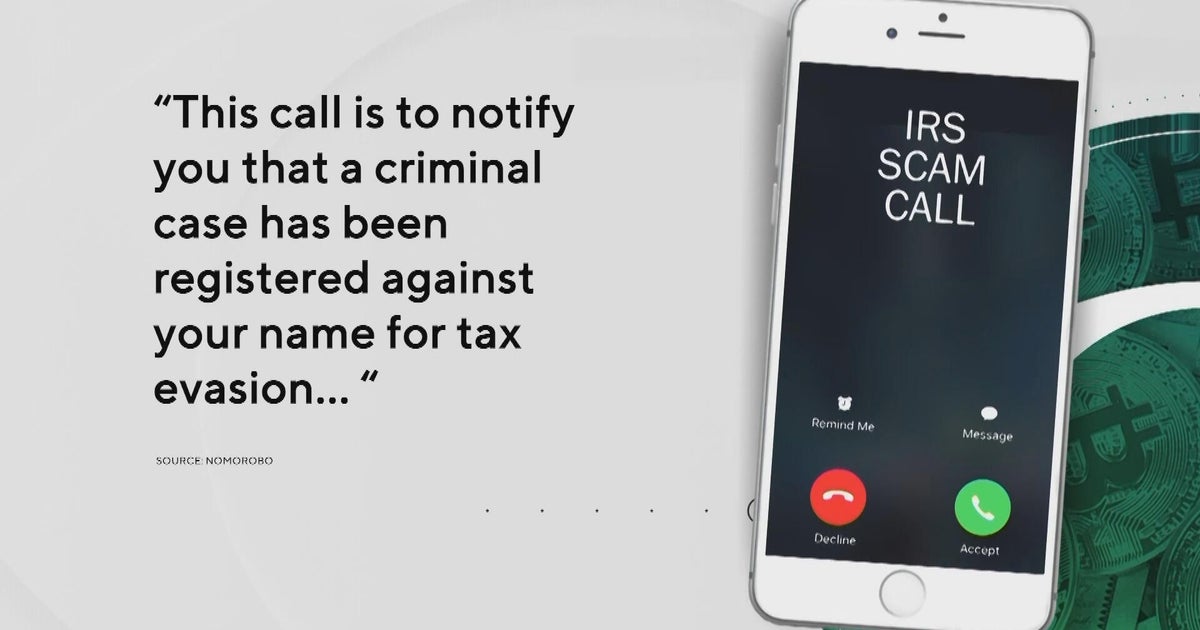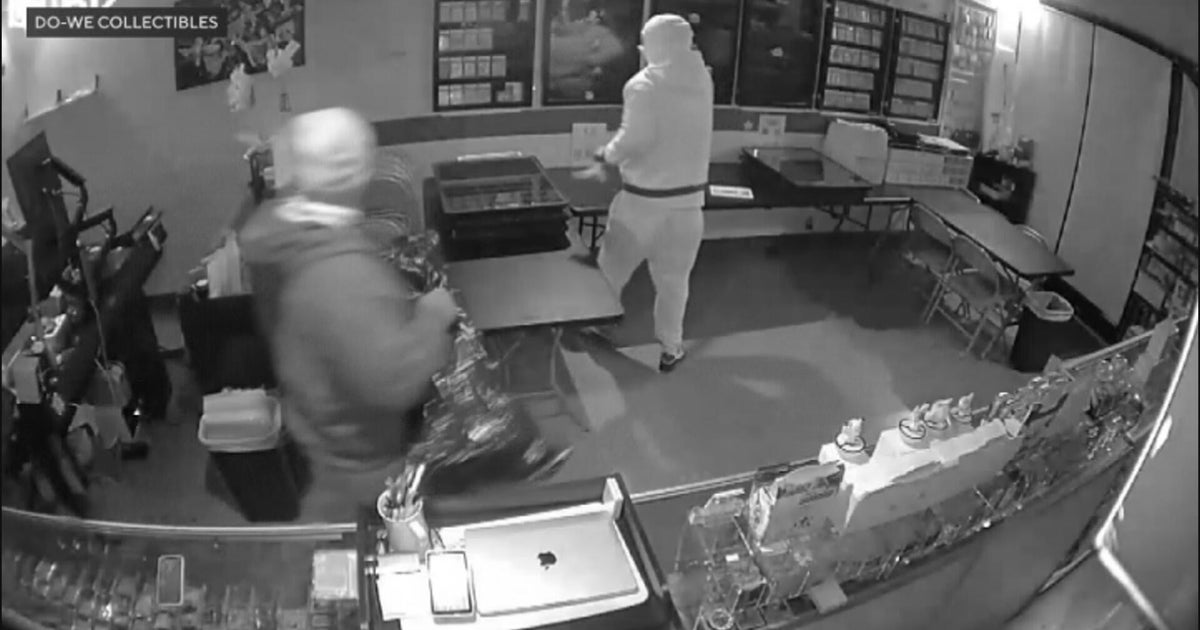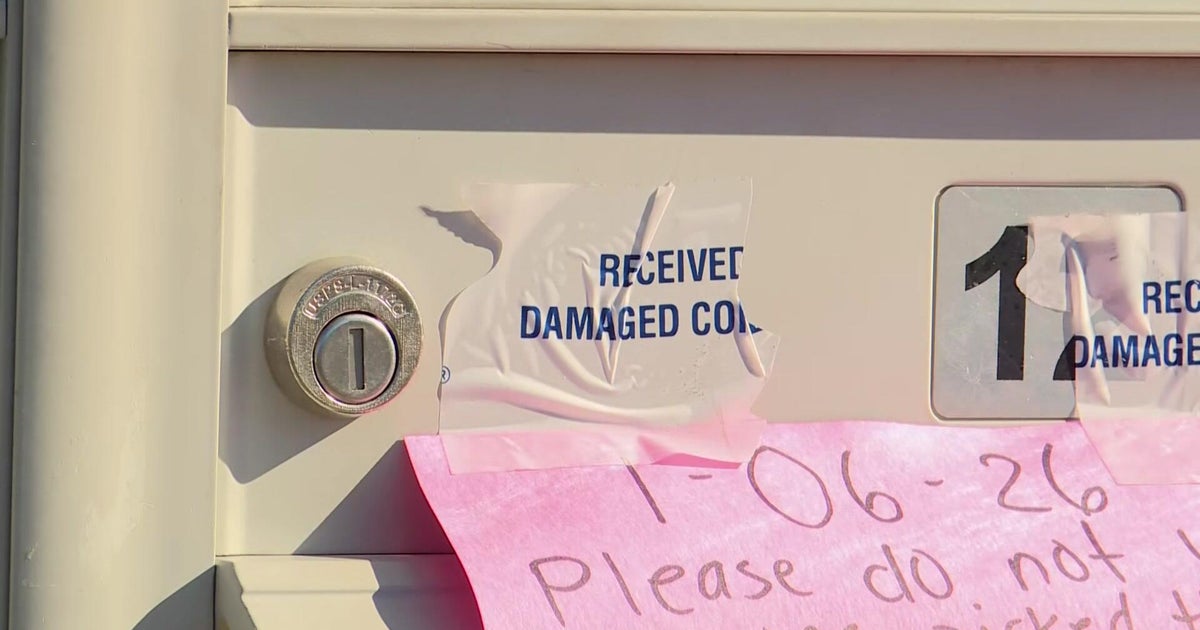Florida #2 In Nation For Cyber Scams
MIAMI(CBS4) – It seems with each passing day we rely on smart phones, laptops or tablet computers more and more in daily lives.
And we're not alone.
The latest cyber crime figures from the U.S. Department of Justice's Computer Crime's Task Force (IC3) reveal that cyber thieves are increasingly targeting mobile devices in an effort to find new victims.
Paul Gobitas, a businessman visiting Miami, said he worries about being "hacked" whenever he does business in South Florida.
"They can access your personal information. They can steal your identity. If they are smart enough and they are targeting you, they could access your company files, they could access your company strategies. They could access very, very important confidential information," said Gobitas.
Sandra Diaz, who heads up a telecommunication business in Doral, shares Gobitas concern.
"It's horrible, someone is spying on us and we don't even know who is there," Gobritas told CBS4's chief consumer reporter Al Sunshine.
How To Avoid Being A Victim Of Cyber Fraud
A recently released national study found cyber crime is a solid growth industry. Last year, there were almost 290,000 incidents reported, an 8% increase over 2011 with total losses exceeding $500 million.
Already the worst place for identity theft and tax refund fraud, Florida is number two in the nation behind California for the number of cyber crime complaints. Last year there were almost 19,000 incidents reported in the state for total losses of more than #34 million. Click Here for ways to secure your business against cyber theft.
Cyber security consultant Mike Scheidell said high-tech financial scams aimed at cracking bank accounts and passwords are on the rise. Scheidell said he's encountered a number of people and businesses who seen their accounts vanish.
"Yeah totally drained, people and companies that have had their bank accounts drained. It's getting worse," said Scheidell.
Nationally the top cyber scams include fraudulent auto sales, phony e-mail solicitations, extortion and phony offers for home and apartment rentals.
Cyber security specialists say a lot more needs to be done to protect an individual's computer data from cyber thieves.
"Your identity is all you have right now and in the world, data is the new currency. Information and data are the new currency," said Scheidell.







